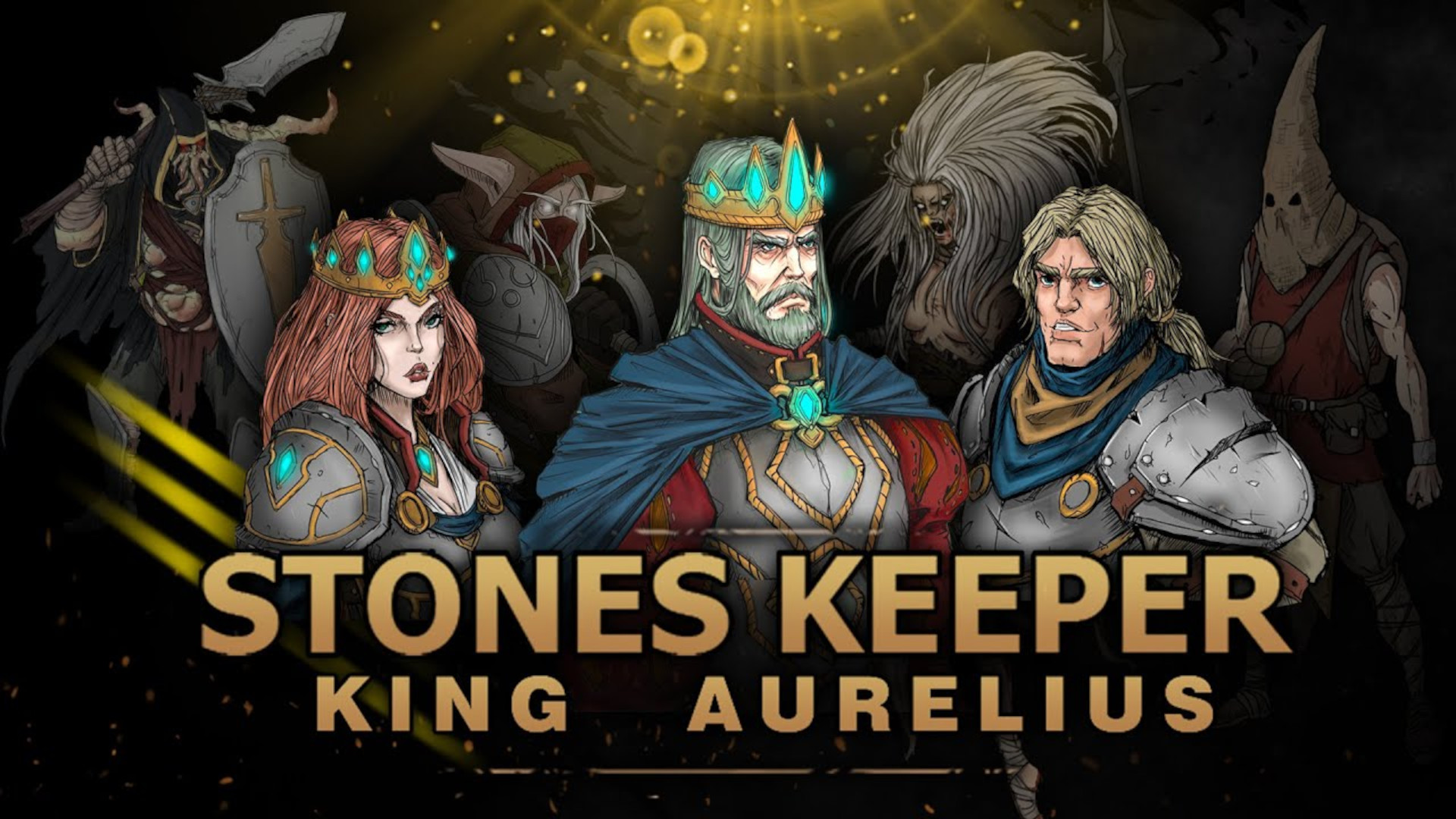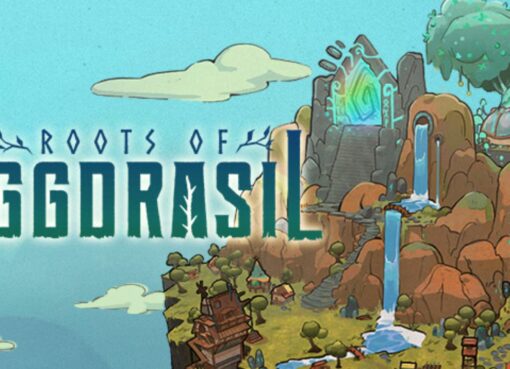Stones Keeper King Aurelius is a turn-based strategy game in a fantasy setting. It has a few elements that seem to have been inspired from games like Expeditions: Rome and Darkest Dungeon. The paper doll artwork is very reminiscent of Darkest Dungeon, and for the most part the artwork is pretty impressive. The game is mainly mouse driven with some keyboard shortcuts. There is quite a bit of complexity in the game, however the turn-based gameplay itself is fairly basic. Most of the complexity is seen in the development of the player’s heroes and the upgrades of the player’s base: A floating castle that can fly around the campaign map.


Amazingly, Stones Keeper is one of the very rare games that comes with the music and sound turned down to reasonable levels by default. In the setting page, there are several items, but only a few can be set. Unfortunately, none of the key mappings can be changed, although the key mappings are listed for reference. There are not a lot of graphics options, but Stones Keeper doesn’t need them, as it’s all hand drawn artwork in an isometric view. Stones Keeper has a campaign, which includes a fairly detailed tutorial that lasts through the first several parts of the campaign. Strangely, during play a floating banner constantly shows the music track being player and the musician’s name, even is the music is disabled.


The turn-based game is played on a square grid system, so the player’s heroes and the enemies move in very straight lines with 90 degree turns. Characters and objects generally take up more than one square. For melee, two opposing units need to be touching squares, ranged is variable. All of the characters, including enemies seem to have both ranged and melee attacks (some are better at one over the other). Each unit, both friend and foe, have action points that allows for multiple attacks in the same turn. This ability to execute several actions can lead to ganging up attacks on one unit and cuts both ways. At the end of a battle, a score card is shown and experience may be gained. This experience can be used to develop a unit, giving them strong abilities. This development system is somewhat confusing and is not explained well, but basically the player has three units that can be awarded experience points from a pool. It is possible to ignore two unit’s development and focus all experience on one unit.


There are other ways to develop; buildings in the floating castle base can be constructed, weapons and gear can be purchased and equipped. However, these require not only money, but materials that the player doesn’t start out with any of. The idea of the floating base is that it will be moved around the campaign map to attack various enemy encampments or lairs until there are no more and another campaign area is started. Stones Keeper is pretty cutthroat after the first few fights that are guided and fairly easy to win. The third fight presents the player with opponents where judging which are more powerful is not obvious and the battle can be very quickly lost, ending the game. In this vein, Stones Keeper has the feel of Darkest Dungeon. Stones Keeper is a bit confusing at the start, a bit awkward, and a bit cutthroat, but it’s got fairly well made mechanics; it is also hard to argue with “Free To Play”, so this game is recommended.
Play Stones Keeper King Aurelius for Free on Steam!
Jacmac is an ancient gamer that loves open world, strategy, FPS, and tactical sims, but will play almost anything.






Comment here